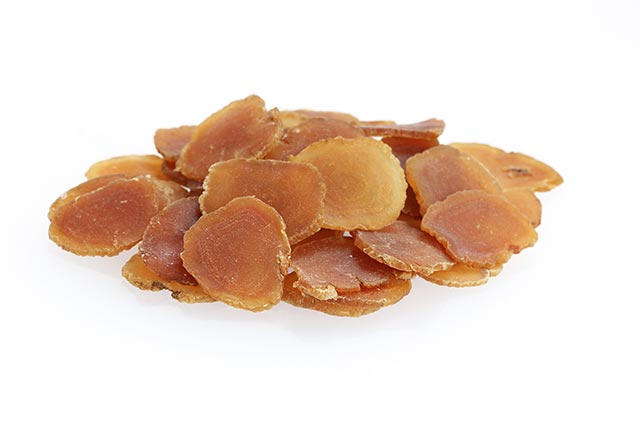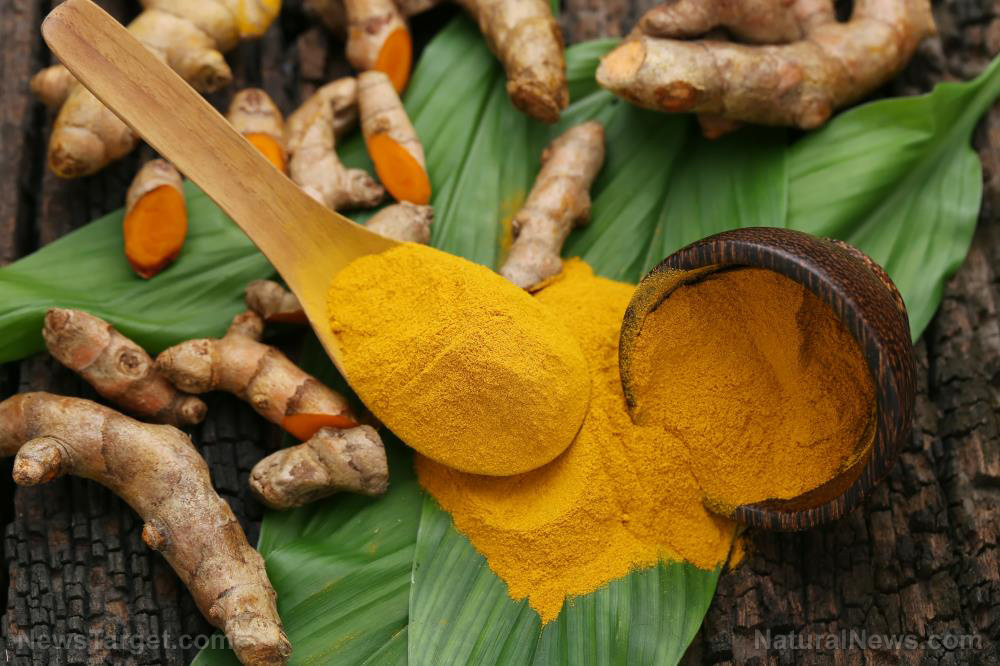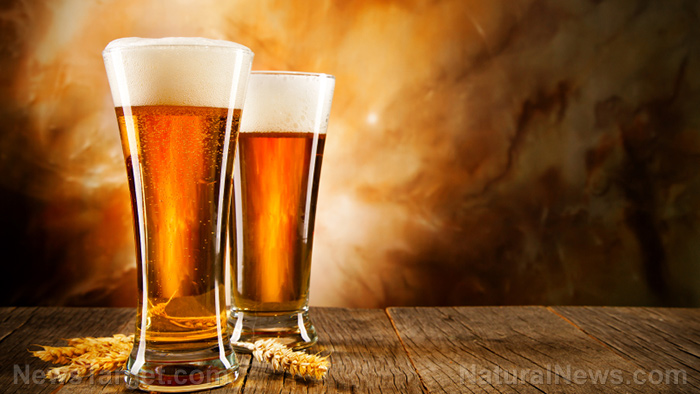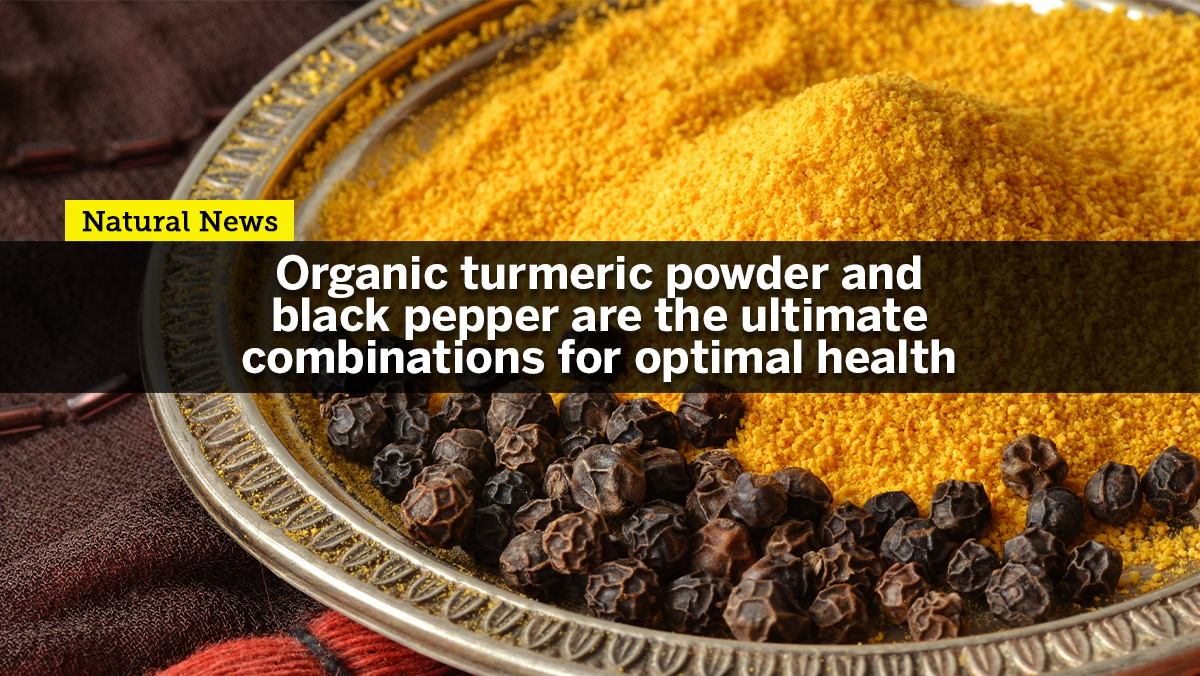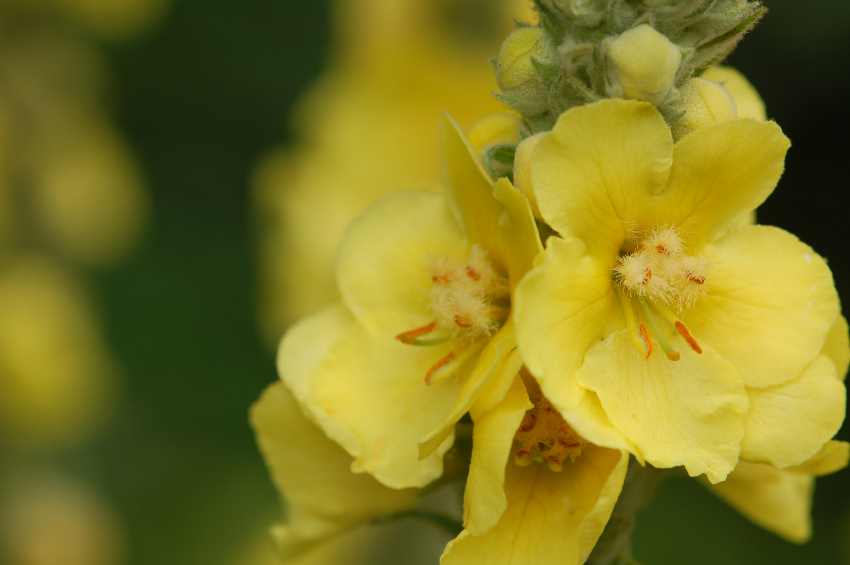Saffron is just as effective as Ritalin in managing symptoms of ADHD – study
09/09/2019 / By Melissa Smith

Saffron (Crocus sativus) is gaining a lot of attention not just as an herb, but also as a natural treatment for brain health problems, including attention-deficit hyperactivity disorder (ADHD). In a recent study published in the Journal of Child and Adolescent Psychopharmacology, saffron was found to be just as effective as Ritalin in managing the symptoms of ADHD – except it is natural.
ADHD is one of the most common neuropsychiatric disorders in children and adolescents. Many patients with this condition do not respond to drug stimulants or cannot tolerate their side effects. Therefore, natural alternative medicines may be considered.
For this reason, researchers from Tehran University of Medical Sciences in Iran looked at the safety and efficacy of saffron in managing ADHD symptoms. The team compared saffron with a commonly prescribed drug for ADHD called methylphenidate, the generic name for Ritalin.
In conducting the study, the researchers recruited 54 children and adolescents aged six to 17 years old who were diagnosed with ADHD. They randomly assigned the children to receive either 20 to 30 milligrams (mg) of methylphenidate per day or 20 to 30 mg of saffron capsules per day, depending on weight. The researchers also assessed the children’s symptoms at the beginning of the study, at the third week, and at the sixth week of the study.
Of the participants, only 50 completed the trial. Participants in both saffron and methylphenidate groups exhibited equivalent and significant improvement in ADHD symptoms. In addition, both treatments were tolerated well by the participants and did not cause adverse events. The frequency of side effects also did not differ significantly between the groups.
These findings indicated that the saffron capsule is just as effective as methylphenidate in improving the symptoms of ADHD. But what makes the saffron capsule better than the drug is that it contains natural ingredients.
Saffron and its active ingredients are said to increase the reuptake inhibition of dopamine and norepinephrine – two neurotransmitters that help with attention and focus. People with ADHD have been shown to have low levels of these chemicals in their brains. In addition, saffron and its active constituents are N-metyl D-aspartic (NMDA)-receptor antagonists and GABA-alpha agonists.
More benefits to get from saffron
Harvesting saffron requires intensive labor, and it is for this reason that saffron is the most expensive spice in the world, costing between $500 and $5,000 per pound. It is harvested by hand from the saffron flower, also known as saffron crocus. Moreover, each flower produces only three threads (stigmas) of saffron, and it blooms for only one week per year.
If you’re wondering if saffron is worth your money, check out these health benefits that you can get from this herb:
- Antioxidants – Saffron is a powerhouse of antioxidants, such as crocetin, crocin, kaempferol, and safranal, that protect your cells against free radicals and oxidative stress that can cause many issues such as premature aging.
- Mood improvement – People with depression may benefit from consuming saffron. The spice has gained the nickname “sunshine spice” because it may help brighten a person’s mood.
- Cancer prevention – The compounds and antioxidants in saffron are said to help kill cancer cells while leaving healthy cells unscathed. (Related: Compounds in saffron found to demonstrate toxicity against cancer cells.)
- PMS management – Women who suffer from symptoms of premenstrual syndrome (PMS) like anxiety, cravings, headaches, irritability, and pain may find relief by eating and smelling saffron.
- Weight management – Saffron can help reduce your appetite, and so stop you from snacking. These behaviors may help prevent you from gaining unwanted weight.
The many health benefits of saffron make it an ideal food to include in your diet. It matches well with savory dishes and must be soaked in hot water to give a deeper flavor. The spice can also be developed and used as a safe and effective alternative for synthetic drugs and treatments without causing harmful side effects.
Sources include:
Tagged Under: adhd, alternative medicine, Attention deficit hyperactivity disorder, behavior, brain function, brain health, brain nutrients, children's health, Crocus sativus, food cures, food is medicine, functional food, herbal medicine, Herbs, mental health, mind body science, natural cures, natural medicine, prevention, remedies, research, saffron, spice
RECENT NEWS & ARTICLES
COPYRIGHT © 2017 NATURAL CURES NEWS

